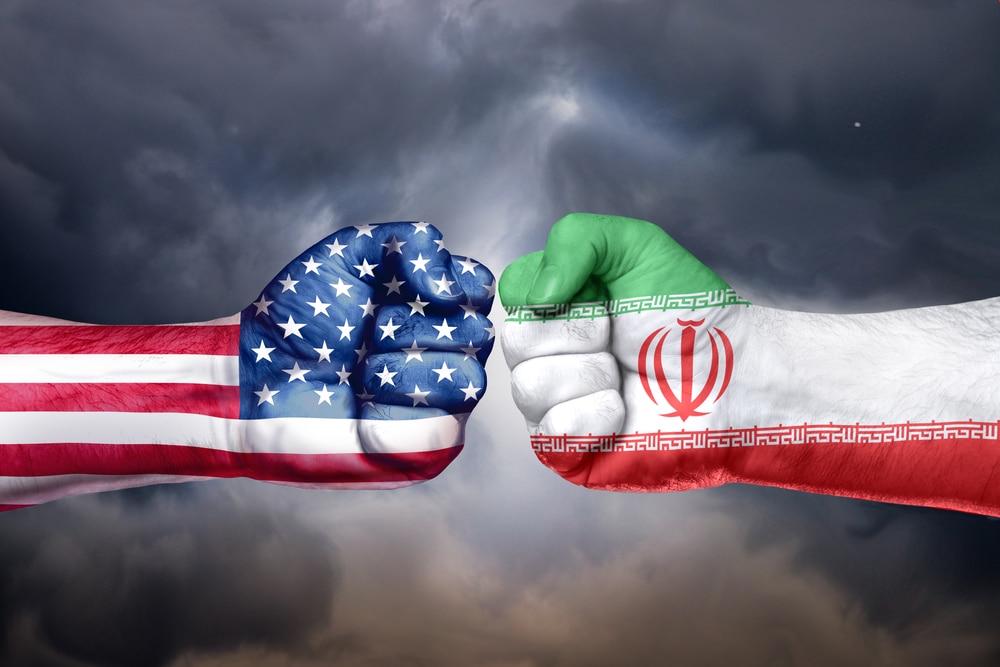Iran Implements Ceasefire On American Targets
Iran has decided to cease attacks on American targets in Iraq and Syria. This decision, reported by Iranian sources, comes as Tehran aims to prevent a broader regional conflict. Since February 4, pro-Iranian militias have refrained from launching attacks on United States targets.
The decision follows a series of incidents, including attacks by Houthi allies in Yemen on merchant ships in the Red Sea and numerous American bases, allegedly in response to the US’s support for Israel. The conflict reached a critical point after three American soldiers were killed in a drone strike along the Jordan-Syria border.
Kata’ib Hezbollah, an elite organization supported by Iran, announced its cessation of attacks following negotiations led by Quds Force commander Esmail Qaani. The crucial meeting involving Qaani and top representatives of pro-Iranian militias at Baghdad airport proved instrumental in persuading Kata’ib Hezbollah to adhere to the ceasefire.
A senior commander affiliated with an Iraqi armed group aligned with Iran stated that without Qaani’s direct involvement, convincing Kata’ib Hezbollah to halt its military activities and ease tensions would be unattainable.
Iraq-US Talks Resume Amidst Regional Tensions
Meanwhile, talks between Iraqi and American officials have resumed to address the presence of US forces in Iraq amidst escalating regional tensions. The discussions come amid heightened scrutiny of Iran’s influence in the region, mainly through its ties to various Iraqi armed groups.
The apparent success of recent diplomatic efforts underlines the significant influence Iran wields with Iraqi armed factions, which advance their objective of expelling US forces from Iraq. However, Prime Minister Mohammed Shia al-Sudani has been making concerted efforts to prevent Iraq from becoming a battleground among foreign powers.
Recent events, including an attack in Jordan, believed to have been orchestrated by Iran-aligned groups, have prompted Baghdad to appeal to Iran for assistance in reining in these factions. Sudani’s foreign affairs advisor, Farhad Alaadin, confirmed the prime minister’s efforts to warn all relevant parties against escalating tensions, emphasizing the destabilizing impact such actions would have on Iraq and the broader region.
Following the government’s pleas for moderation, the incident in Jordan was followed by decreased hostility, prompting Iraqi and US authorities to engage in renewed discussions on February 6. These talks aim to investigate possibilities for terminating the presence of US military forces in Iraq. This contentious matter has been a source of ongoing disagreement between Washington and Tehran.
While several Iran-aligned parties and armed groups in Iraq have signaled a preference for dialogue over armed conflict to address the situation, Washington remains cautious about negotiating under fire, fearing such concessions could embolden Iran. The United States currently maintains approximately 2,500 troops in Iraq and 900 in Syria as part of an international coalition established in 2014 to combat the Islamic State insurgency.
Nonetheless, American officials remain cautious of Iran’s sway over entities they classify as Iranian “proxies,” expressing apprehensions regarding the durability of the recent decrease in hostilities.
Security Concerns Heighten
With tensions steaming, Iraqi authorities have bolstered security measures, particularly at airports, to mitigate the risk of further escalations. Qaani’s brief visit to Baghdad was marked by stringent security protocols, reflecting concerns over potential retaliation for past incidents, including the killing of Iranian Quds Force leader Qassem Soleimani by a US drone strike in 2020.
The complex web of alliances and rivalries in the region complicates efforts to de-escalate tensions and negotiate a resolution to the US military presence in Iraq. While some armed groups have signaled a willingness to engage in dialogue, others, such as the Nujaba faction, remain committed to pursuing armed resistance against US forces.
The situation is further tricky due to the relationship between Iran-backed armed groups and the Iraqi state. A notable example is the Popular Mobilisation Forces (PMF), initially comprising primarily Shiite militias aligned with Iran but now functioning as a state security agency.
The evolving role of the PMF highlights the formidable challenges confronting Iraqi authorities as they navigate conflicting interests for the removal of foreign troops.

